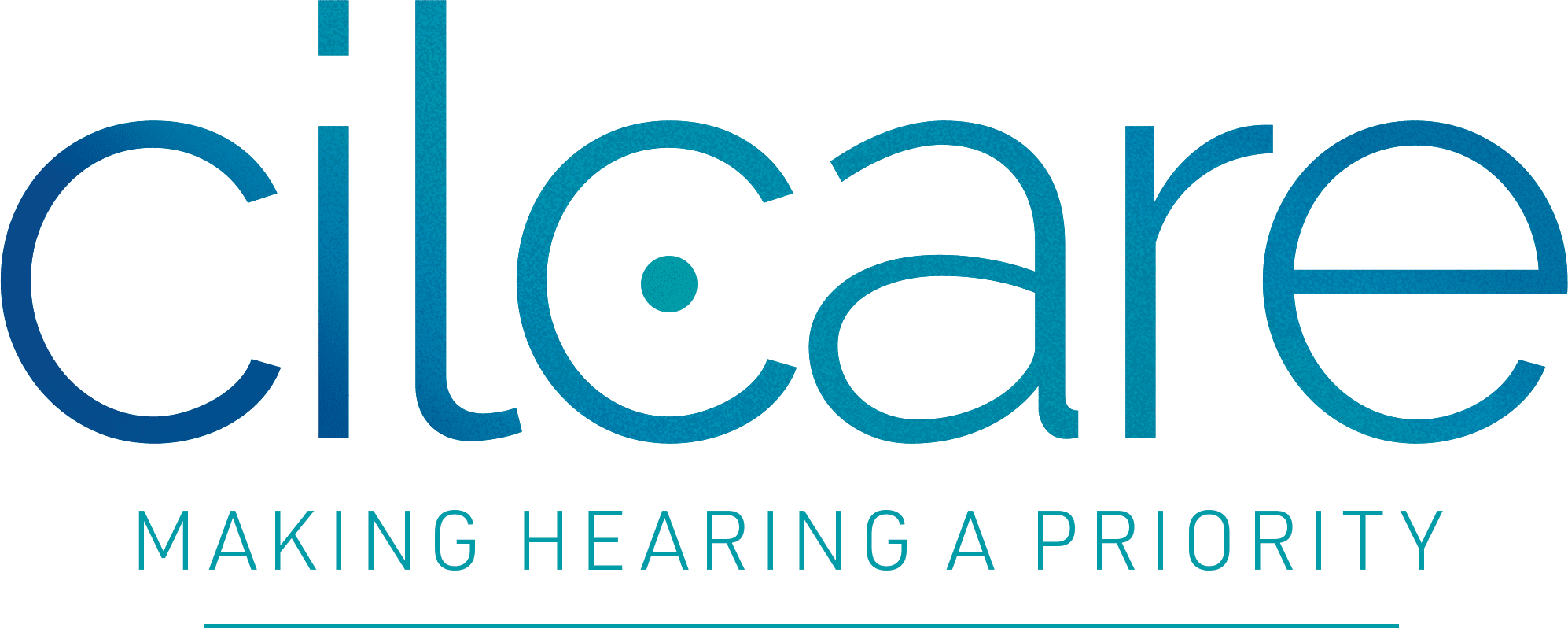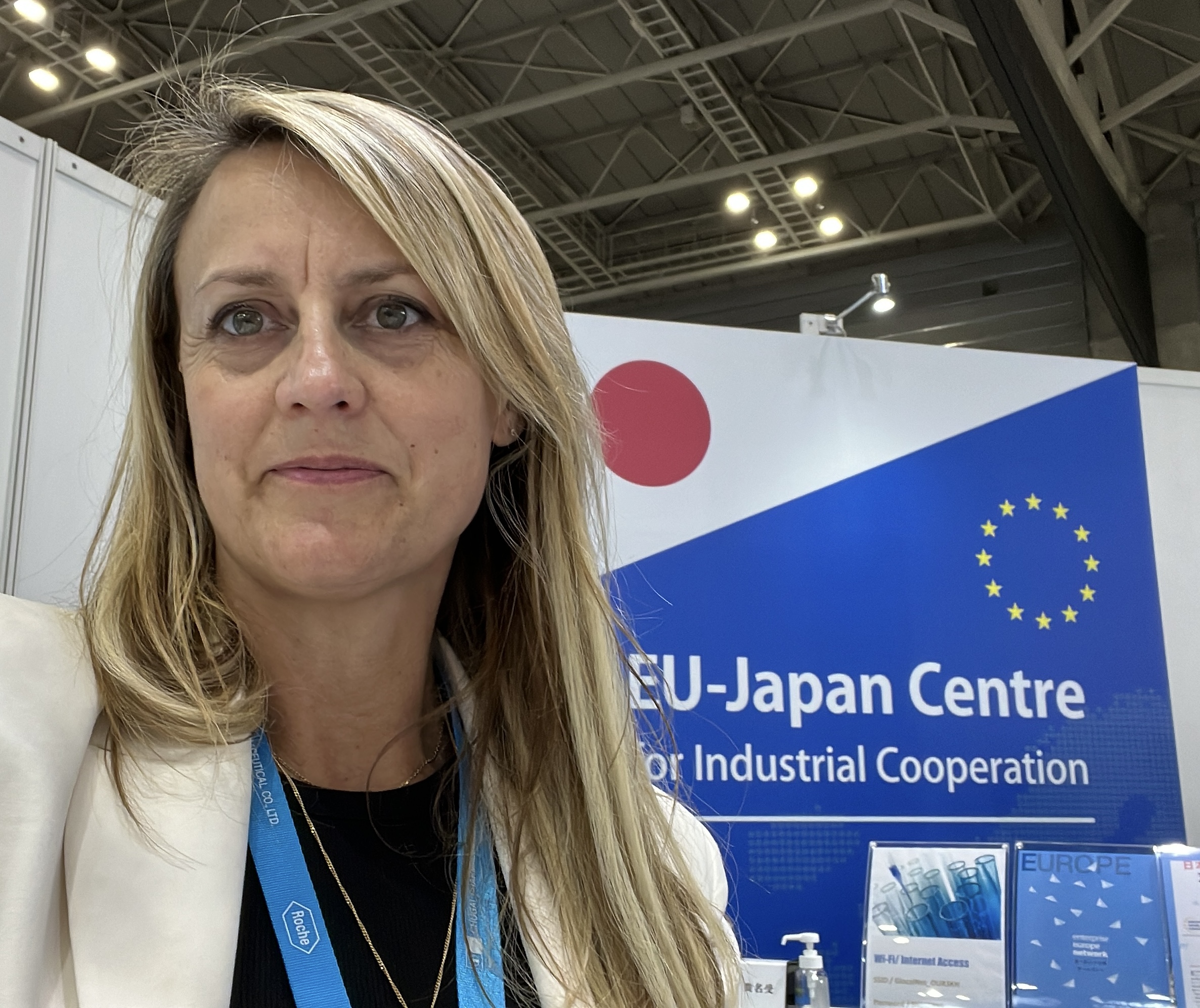

Case study - Cilcare
Introduction
Cilcare is a French biotech SME that focuses on the early detection and treatment of hearing disorders. The intuition of three female founders, who had previously worked together, led to the founding of Cilcare in 2014 — a company dedicated to advancing innovation in hearing health.
Hearing loss is a growing global health challenge, with over one billion young people at risk due to prolonged exposure to loud environments. Despite this, pharmaceutical research in the field remains limited, with no treatments addressing the root causes of hearing disorders.
The company set up its headquarters in Montpellier, a key hub for life sciences companies known as MedVallée. Early institutional assistance, business angel investments, and bank funding enabled the company to create its first laboratory and generate revenue within six months of its inception.

Why Japan?
Cilcare identified Japan as a strategic market early on. It secured its first Japanese client in 2016.
The decision to do business in the land of the rising sun was based on two key factors:
- Aging Population and Preventative Healthcare – Japan has one of the world's most rapidly aging societies, and its healthcare approach emphasizes prevention rather than just treatment. Hearing disorders, though not life-threatening, significantly impact quality of life, making them a priority in Japan’s public health strategy.
- Hearing as an Established Market Segment – Unlike in other regions, hearing healthcare is already integrated into Japan’s commercial operations in pharmaceuticals. This means that when developing a drug for hearing loss, Japanese companies already have a clear path to commercialization, reducing market-entry barriers.
Over the years, Cilcare built strong relationships with key Japanese pharma players, including Shionogi and Astellas, signing multiple contracts.
In June 2024, Cilcare signed with Shionogi an exclusive option agreement grants Shionogi the right to license global rights to CIL001 and/or CIL003, two promising drug candidates aimed at treating hearing disorders, with a particular focus on addressing the increasing prevalence of hidden hearing loss and tinnitus.
The EU-Japan Centre’s Support
The company benefited from the Centre’s activities in many ways. It took part several times to the Biotech Business Missions organised by the Centre, in 2017, 2023 and 2024. These missions included participation to BioJapan, the leading biotech fair in Japan.
The company highlights three major advantages of engaging with the EU-Japan Centre:
- Trust and Credibility – Being part of an EU delegation signals legitimacy. Since participants undergo a selection process, Japanese partners see them as serious and trustworthy.
- Political and Institutional Network – Beyond science, business in Japan is also about political alignment. Having ministries or EU bodies involved in discussions helps build confidence and provides a reference point in case of challenges.
- Access to Well-Selected Partners – Some key Japanese pharmaceutical companies do not actively participate in international events outside of Japan. However, they engage in targeted B2B meetings facilitated by the EU-Japan Centre, providing unique access to decision-makers who would otherwise be difficult to approach.

Advice to European SMEs
Expanding into Japan presents unique challenges, but Cilcare’s experience highlights key lessons for European SMEs looking to enter the market:
Be Transparent and Precise – Japanese partners value clarity and consistency. Answer questions directly and truthfully, avoiding unnecessary elaboration. Transparency is critical, as discrepancies can harm credibility.
Commit to Cultural Understanding – Engaging in cultural training and attending webinars on Japanese business etiquette helps build stronger relationships. Cilcare has actively invested in understanding Japanese corporate culture, which has significantly improved its interactions with partners.
Be Patient but Ready to Act Quickly – While Japanese partnerships often take time to develop, some deals can materialize unexpectedly fast. Cilcare’s agreement with Astellas was finalized in just two weeks, while other negotiations took up to three years. Consistency, persistence, and adaptability are key.
Leverage Institutional Support – Being part of an EU-backed delegation provides credibility, facilitating trust-building with Japanese partners. Engaging with targeted B2B events helps reach decision-makers efficiently, particularly in pharma and biotech.
Text based on an interview with Celia Belline, CEO of Cilcare. Participant to the 2017, 2023 and 2024 Biotech missions.
Published in March 2025









